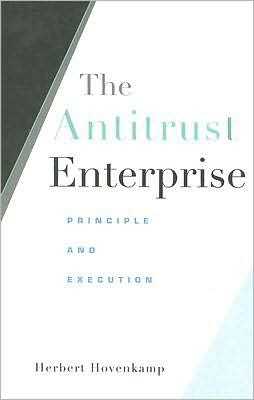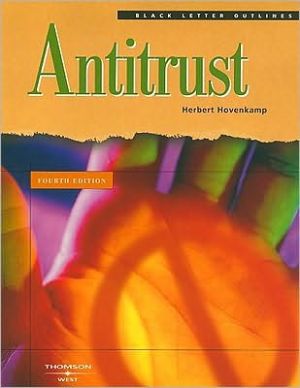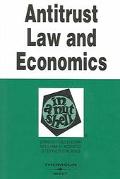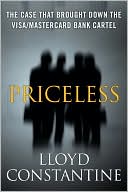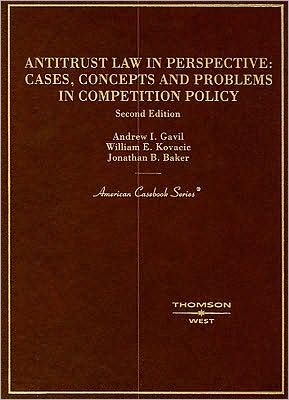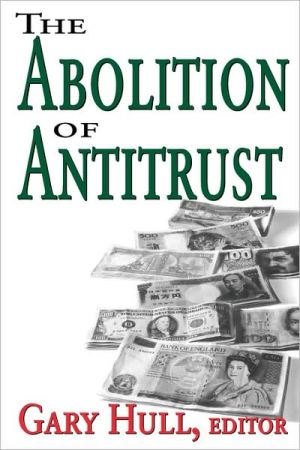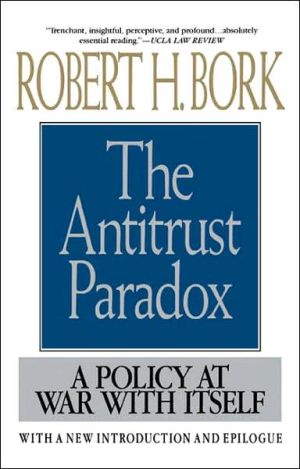The Antitrust Enterprise: Principle and Execution
After thirty years, the debate over antitrust's ideology has quieted. Most now agree that the protection of consumer welfare should be the only goal of antitrust laws. Execution, however, is another matter. The rules of antitrust remain unfocused, insufficiently precise, and excessively complex. The problem of poorly designed rules is severe, because in the short run rules weigh much more heavily than principles. At bottom, antitrust is a defensible enterprise only if it can make the...
Search in google:
After thirty years, the debate over antitrust's ideology has quieted. Most now agree that the protection of consumer welfare should be the only goal of antitrust laws. Execution, however, is another matter. The rules of antitrust remain unfocused, insufficiently precise, and excessively complex. The problem of poorly designed rules is severe, because in the short run rules weigh much more heavily than principles. At bottom, antitrust is a defensible enterprise only if it can make the microeconomy work better, after accounting for the considerable costs of operating the system.The Antitrust Enterprise is the first authoritative and compact exposition of antitrust law since Robert Bork's classic The Antitrust Paradox was published more than thirty years ago. It confronts not only the problems of poorly designed, overly complex, and inconsistent antitrust rules but also the current disarray of antitrust's rule of reason, offering a coherent and workable set of solutions. The result is an antitrust policy that is faithful to the consumer welfare principle but that is also more readily manageable by the federal courts and other antitrust tribunals. D. F. Sheets - Choice Hovenkamp applies his considerable expertise to an objective study of the relationship between microeconomic theory and court interpretation of US antitrust laws. He argues that, in spite of a history of conflicting goals, there is currently a consensus that the purpose of antitrust is to promote consumer welfare...This work will be of value to scholars and practitioners alike, as well as anyone interested in antitrust enforcement.
PrefaceIntroductionPart I. Limits and Possibilities1. The Legal and Economic Structure of the Antitrust Laws2. The Design of Antitrust Rules3. The Promises and Hazards of Private Antitrust Enforcement4. Expert Testimony and the Predicament of Antitrust Fact FindingPart II. Traditional Antitrust Rules5. Unreasonable Exercises of Market Power6. Combinations of Competitors7. Dominant Firms and Exclusionary Practices8. Antitrust and Distribution9. The National Policy on Business MergersPart III. Regulation, Innovation, and Connectivity10. Antitrust under Regulation and Deregulation11. The Conflict between Antitrust and Intellectual Property Rights12. Network Industries and Computer Platform MonopolyEpilogue: Antitrust ReformNotesIndex
\ ChoiceHovenkamp applies his considerable expertise to an objective study of the relationship between microeconomic theory and court interpretation of US antitrust laws. He argues that, in spite of a history of conflicting goals, there is currently a consensus that the purpose of antitrust is to promote consumer welfare...This work will be of value to scholars and practitioners alike, as well as anyone interested in antitrust enforcement.\ — D. F. Sheets\ \ \ \ \ \ Michigan Law ReviewHovenkamp defends the antitrust status quo in accessible and wonderfully jargon-free prose. The book succeeds in offering profound insights for antitrust specialists while remaining accessible to lay readers...Regardless of where the law heads next, The Antitrust Enterprise is valuable simply on its own terms—as a compact and authoritative exposition of U.S. antitrust law. It is most interesting, however, as the archetypal defense of this era of antitrust modesty. Only with the benefit of hindsight—perhaps forty or fifty years from now—will scholars be able to understand fully this epoch in context. It is a safe bet, however, that The Antitrust Enterprise will be considered the classic work of this era.\ — Daniel A. Crane\ \ \
